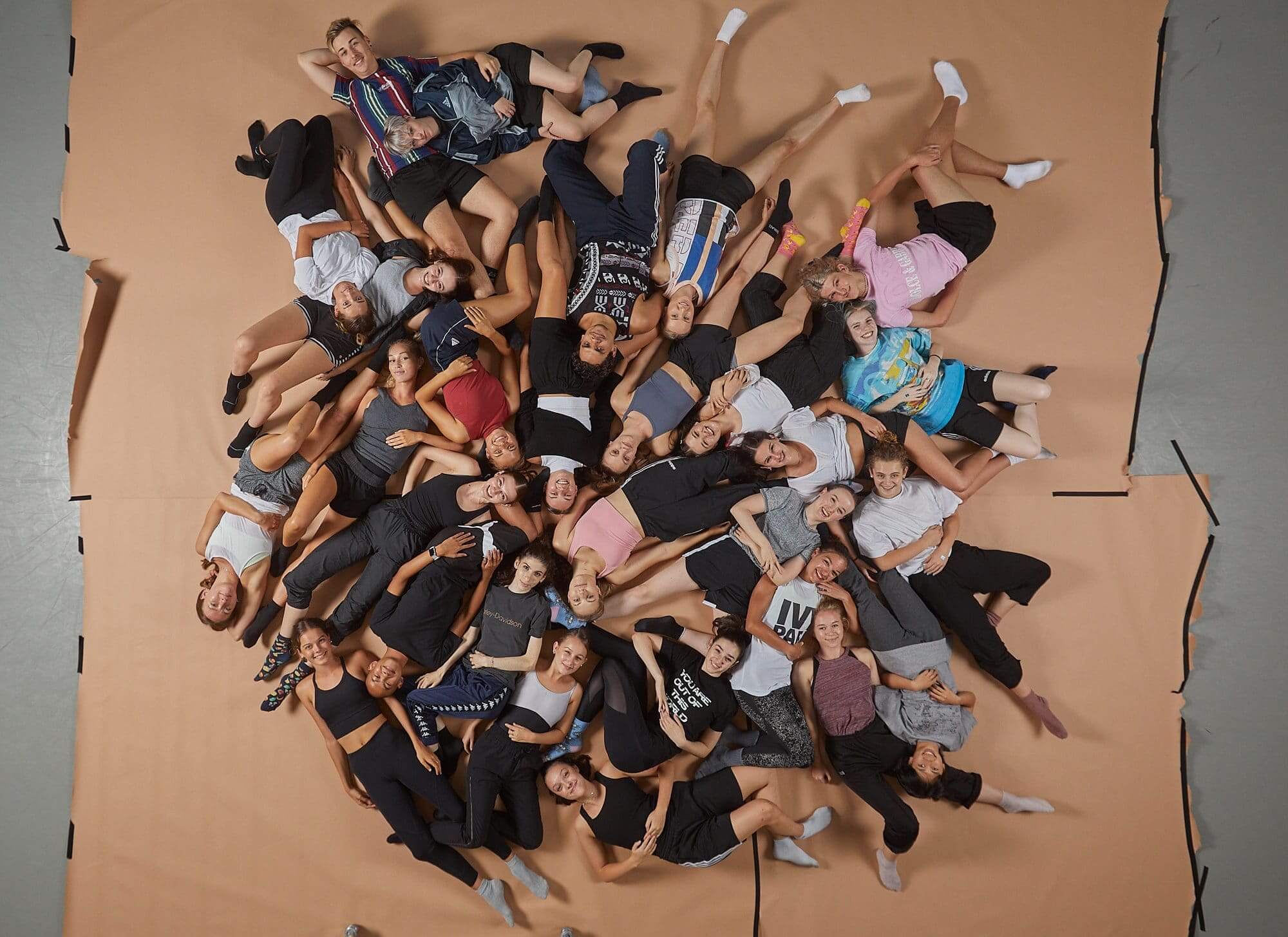The 2020 Pre-Professional Year dancers reflect on their first term


published
As the one in the position of learning, I want to be asked questions and I want to ask questions. I want to know why we do the things we do, rather than just simply do them.
I began my year with one intention – to ask why.
Why to the things I love or hate. A Why that transforms into Whens and Hows. I may never find my answers but I know as an artist I need to challenge my mindset. It’s when I truly don’t like something that I am reminded to observe my mentality.
It’s exciting to see how in PPY, conversations are encouraged in the course. Conversations seem to be the main ornament on my mantelpiece this week. Applying a thought process to my physical practice promotes a richer self-exploration. Whenever I have disagreed or felt mentally challenged by someone else’s ideas, I have found it easier to dwell on conclusions. Am I being lazy? Immature? Do I have too short of an attention span? Is it immature to want to rebel against what I don’t like? In a safe environment such as in PPY I am encouraged to take the opportunity to ask these questions.
Words such as yes, no, love, hate, right and wrong make it easy to live in a world the size of a bathtub, when in reality the world is an entire ocean (thank you Brielle De Thomasis for this killer metaphor). The one moment that has an (unintentional) negative impact on my mind is when a choreographer uses the word ‘Wrong’ when giving me feedback. I feel this word is laced with anxiety that quickly flares up inside me. To imply that something can be done wrong only hinders an artist’s desire to continue their journey. Wrong and right creates this dual state where no colour exists. We are ever evolving organic matter and the way we use language is so important in this art form.
Another example of this is when a dancer is told to never show weakness. The notion that we can cancel out human experience only reduces our possibilities, especially with a quality as vulnerable and brave as weakness. Weakness has been the pillar to my strengths. I celebrate what I can learn from my own and others’ weaknesses. If the right way of being is to show no weakness, then dance may as well be performed by robots.
I recently listened to an episode of the podcast Invisibilia, where psychologist Emily Balcetis explains how humans receive more information than we can handle. “It’s ambiguous,” she says, explaining how some information comes in as an unclear image creating gaps in our understanding, and the concepts that already exist in our minds fill in those gaps. If we hear about concepts that we haven’t yet experienced, that are yet to be understood, our brain will refer to our past experiences to make clear the parts we don’t understand.
I am reminded that I can disagree. I am reminded that I can choose to refuse some parts of someone else’s beliefs, yet still enjoy other parts. It also lets me recognise and celebrate my own philosophies.
I don’t believe there is a thing such as wrong, and I do believe that conversations are a sacred part of the dance experience.